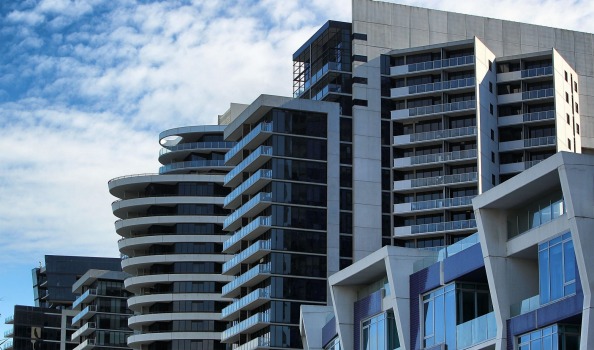Catherine comments on a Vacancy Tax in the AFR
28/04/2017
Catherine discusses the Vacancy tax - it's not useful to the long term solution of increasing housing supply

A tax on "vacant housing" may increase the supply of rental homes in the short term, but does not work as a long-term solution to addressing housing supply, experts say.
Foreigners buying properties and leaving them empty is a "big issue" that's "got my attention", Treasurer Scott Morrison said on Monday.
"They [taxes] have some impact but they are expensive to administer, especially the exemptions for people with particular issues (such as working away from home)," University of Sydney Urban and Regional Planning and Policy chairman Professor Peter Phibbs said.
"Taxes relative to the very rich, are very small. Investors who can leave their properties vacant will continue to do so.
"The impact of [a vacancy tax] is marginal....especially with investors who don't think about yields but about large capital gains."
Data around empty dwellings are "rubbery". Last year, based on census data, which is refreshed every five years, UNSW's City Futures Research Centre's Bill Randolph and Laurence Troy estimated there were about 100,000 average dwellings – with two bedrooms – vacant in Sydney. These did not include holiday homes.
Non-government organisation Prosper Australia, which calculated Melbourne's vacant dwellings annually based on water usage in a report called Speculative Vacancies, said about 4.8 per cent of Melbourne's total housing stock or just over 80,000 appeared to be vacant in 2014. That was the last update.
Both groups agreed there were significant difficulties in accurately quantifying the numbers such as "illegal" Airbnb subletting, census "numeration issues" and unit block shared water usage.
Both Mr Randolph and Prosper's Catherine Cashmore said there were better techniques such as the use of electricity meters - which Mr Morrison could authorise - but the cost of administration could outweigh the benefits of having only a few more dwellings released into the market.
"I am not sure it will solve the affordability issue," Ms Cashmore said.
"With implementation, how will you draw the line? Are you going to audit a handful of houses...for example with fly in, fly out workers, people staying at hospitals, there are loopholes."
Canada and the United Kingdom both impose the tax but there is no evidence they work to increase supply of rental homes in the long term.
"The UK is interesting, not so much the quantitative tax but the pressure on owners to think twice about leaving the properties vacant," Mr Randolph said.
He suggested a renewed focus at improving the planning process so that more developments can flow and reduce the pressure on prices, while Ms Cashmore advocated a broad-based tax like land tax.
"A vacancy tax does not deal with the vacant land held on by developers but unfortunately it's politically unpopular to let land prices drop," she said.
Read more: http://www.afr.com/real-estate/vacancy-tax-not-useful-to-the-long-term-solution-of-increasing-housing-supply-20170410-gvhsh7#ixzz55VsDA4CN
Follow us: @FinancialReview on Twitter | financialreview on Facebook
Return
